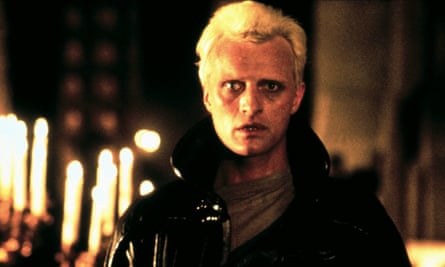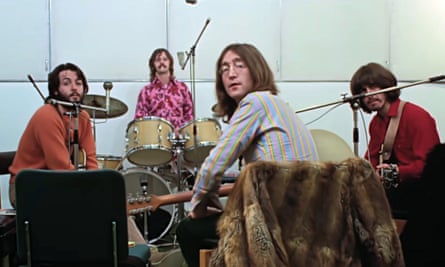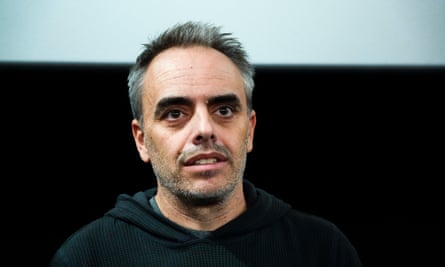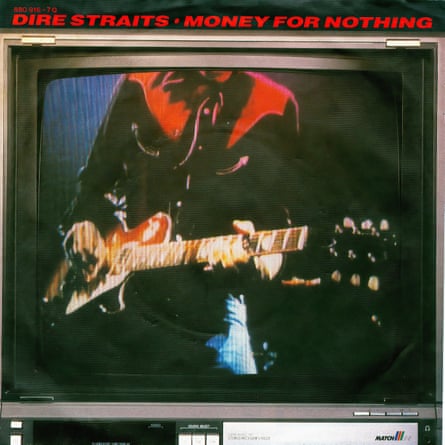Ridley Scott is facing criticism from the bladder police as he prepares to release his latest film “Napoleon,” featuring Joaquin Phoenix as the iconic leader of France. The movie’s extended runtime and ambitious direction are sure to spark discussions about the balance between length and artistic vision.
During a recent interview, Scott admitted that the “bum ache factor” has caused him to shorten the theatrical release of Napoleon to two hours and 38 minutes. However, he intends to make the full version available on a streaming platform, which could potentially be over four hours long.
The film industry has always struggled with balancing artistic freedom and financial success. The clash between creative vision and commercial demands has been a source of conflict. Studios typically prefer films that are two hours or less because longer films mean fewer screenings and lower ticket sales. Despite this, director Ridley Scott proved that a “director’s cut” of a film, which was initially required by contract and usually disregarded, could actually bring in profit. He demonstrated this with the release of his 1982 film Blade Runner, which was re-released a decade later.

The emergence of streaming services has highlighted this issue even more. With no limitations of a traditional movie theater, platforms like Netflix, Disney+, and Apple TV+ can offer a safe space for longer and more extensive content if they believe it will attract their viewers.
The moral implications of this situation are not as straightforward. Martin Scorsese recently debuted Killers of the Flower Moon, a grand portrayal of the Osage Nation killings during the 1920s, with a lengthy duration of three hours and 26 minutes. To accommodate for audience members taking restroom breaks, some theaters have implemented an unofficial 15-minute intermission, much to the disapproval of the film’s editor, Thelma Schoonmaker. Killers of the Flower Moon was funded by Apple and when it is eventually released on their streaming service, Apple TV+, any mandated break will be omitted.
Scorsese encountered similar challenges with his 2019 crime drama The Irishman, which is three minutes longer than Killers of the Flower Moon. The film was often made fun of on social media, with people joking that it should be watched like a mini-series instead of all at once. Despite this, traditional studios were reluctant to finance such lengthy projects, leaving streaming platforms as Scorsese’s main option for getting the films produced.
The technique can also be employed to appease dissatisfied supporters. Following a lengthy online movement, Warner Bros launched the “Snyder cut” of their superhero movie Justice League, which had been significantly changed by substitute director Joss Whedon after the original director, Zack Snyder, was unable to finish the film due to a personal tragedy. It is reported that Warner Bros spent $70 million on the Snyder cut, a four-hour-and-two-minute film that was made available on their HBO Max streaming platform.
Ignore the advertisement for the newsletter
after newsletter promotion

David Lynch originally planned his film Mulholland Drive as a TV series, but the project was cancelled. Similarly, Peter Jackson’s re-edit of footage from the Beatles’ documentary Let It Be was originally meant to be a movie, but it ended up being released as an eight-hour mini-series on Disney+ in 2021.
Controversially, feature films that have already been released are now being adapted for streaming services. One example is Baz Lurhmann’s 2008 film Australia, which has been transformed into a six-part series called Faraway Downs. This series will be available on Hulu and Disney+ on November 26, and Lurhmann believes that the streaming world has breathed new life into episodic storytelling.
Source: theguardian.com



















